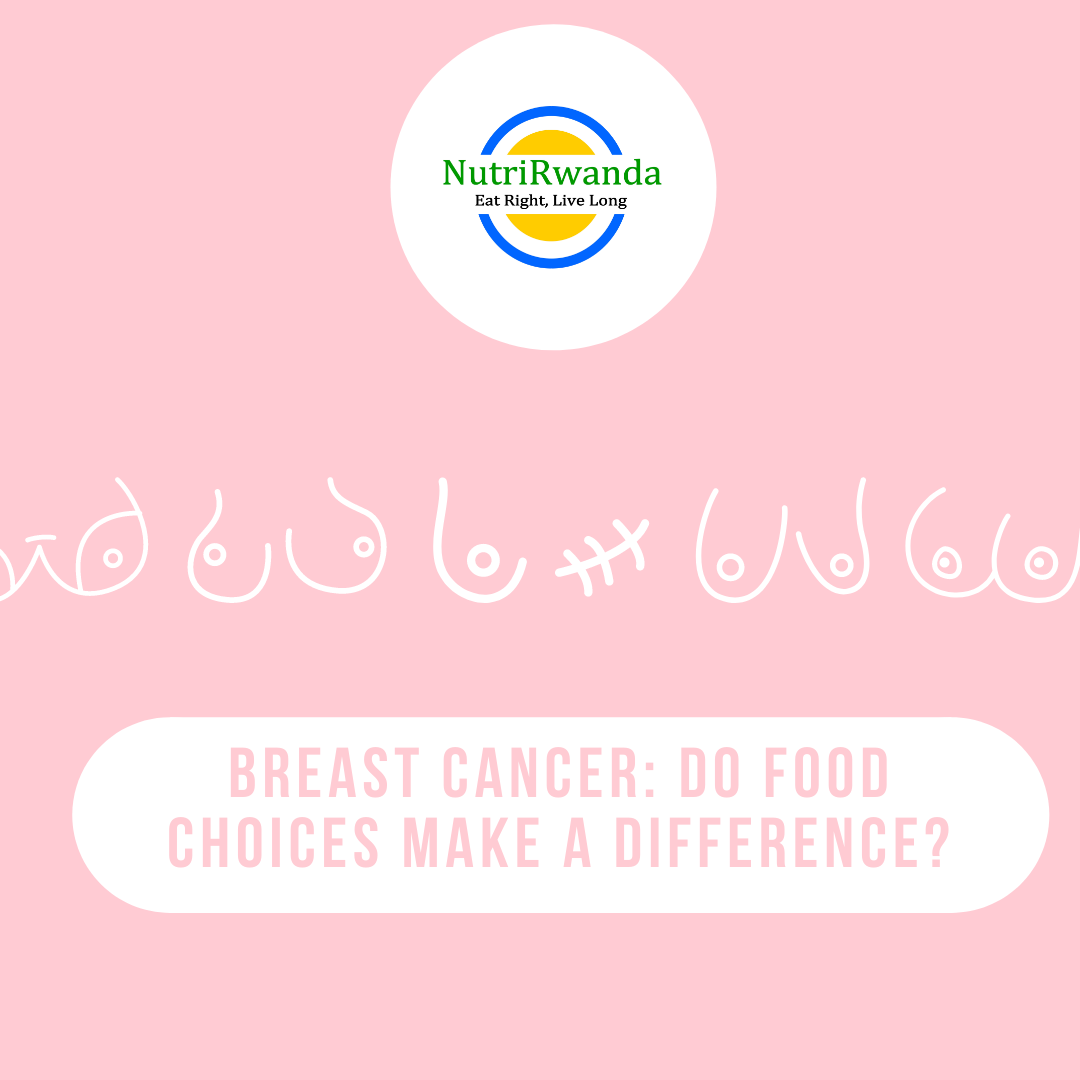Breast cancer: it’s a common fear for good reason. Breast cancer is the most common cancer among Rwandan women, In July 2012, the Rwandan Ministry of Health (RMoH) in collaboration with Partners in Health/ Inshuti Mu Buzima (PIH/ IMB) and other partners launched the Butaro Cancer Center of Excellence (BCCOE) in rural Northern Rwanda. By the end of 2019, BCCOE had treated over 11 116 cancer patients, of whom 94.2% were adults, among them, 74.7% were women. The most common adult malignancies were breast (13.7%), cervix (11.4%) and cancers of the gastrointestinal tract. In addition, In February 2020, the Rwanda Cancer Center (RCC) hosted at the Rwanda Military Hospital (RMH) in Kigali was launched and since then its launch up to June 30, 2020, the RCC chemotherapy infusion clinic had seen 378 patients over 815 visits with 73.6% of patients coming from outside Kigali City. The main cancer diagnoses treated at RCC were breast cancer (38.6%), cervical cancer (10.3%), and chronic myeloid leukaemia (6.3%).
The risk factors of breast cancer
All women are vulnerable to breast cancer eventually. What’s your risk? Among the probable risk factors: family history of breast cancer, early menstruation, late menopause (after age fifty-five), eldercare pregnancy of a first child, some forms of benign breast disease, obesity after menopause, ovarian and endometrial cancer, exposure to ionizing radiation, and simply getting older.
Causes of breast cancer
The causes of breast cancer aren’t understood. Yet, healthful eating and lifestyles, maintaining a healthy weight throughout life, being physically active, and reducing alcoholic-beverage consumption may help protect you from breast lesions and cancer.
Are you a “pear” or an “apple”? The place where extra pounds of body fat settles on your body may make a difference. Early research suggests that women who carry excess body fat around the abdomen (apple shape) may have an increased breast cancer risk. After menopause, more excess weight accumulates there. After menopause, weight gain is linked with increased cancer risk, perhaps related to estrogens formed in the body’s fat tissues. Being physically active helps you keep your healthy weight, so move more, too!
Effects of food intake on the development of breast cancer
Another possible link: excessive alcoholic beverage consumption may increase breast cancer risk, a daily limit of 1 glass of wine, is recommended. If you’re at high risk for breast cancer, you may be better off enjoying non-alcoholic drinks instead. If you are considering hormone therapy, weigh the benefits and the risks. Although it may reduce the discomforts of menopause and the risk of osteoporosis, hormone therapy is linked to increased breast cancer risk.
Are foods with phytoestrogens, for example, soy with the isoflavone genistein an appropriate alternative to hormone therapy if you’re at high risk for breast cancer? On one hand, the estrogen-like effects of isoflavones may be harmful to women already at high risk for breast cancer. New research also suggests that phytoestrogens in soy are selective and don’t have much effect on breast tissue. Since the jury’s still out, talk to your Nutritionist and physician before adding soy to your meals and snacks if you have breast cancer, if you’re at high risk for breast cancer, or if you’re taking tamoxifen, a hormone-blocking drug related to estrogen.
Dietary soy supplements aren’t advised, either. Research is underway to explore another food that may protect against hormone-sensitive cancers: flaxseed, which contains a type of phytoestrogen called lignan. Aim for your healthy weight. And make early detection a habit: monthly self-examination, yearly mammograms, and routine breast examination.
